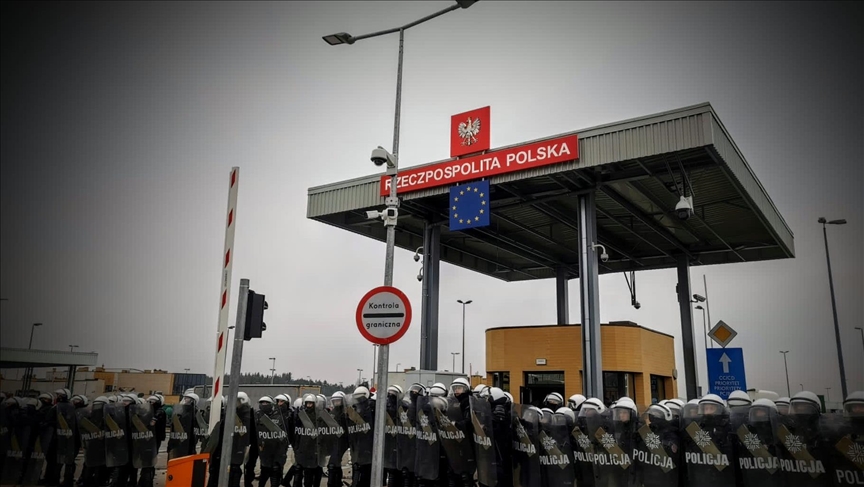Belarusian President Aleksandr Lukashenko and outgoing German Chancellor Angela Merkel on Wednesday held another phone discussion on the migrant crisis on the Belarusian-Polish border.
The Belarus Presidency said Lukashenko and Merkel agreed on how to act in resolving the issue.
A statement said both leaders agreed that the problem will be brought up to the level of Belarus and the EU and the two sides will determine officials who will start negotiations on resolving the problem. The desire of refugees to go to Germany will also be addressed, it said.
Merkel informed Lukashenko of a request from European Commission President Ursula von der Leyen to participate in the process of international organizations dealing with the problems of refugees and migrants which are already cooperating with Belarus.
The two leaders first discussed the crisis on the Belarus-Polish border by phone on Nov. 15.
Lukashenko won presidential elections on Aug. 9, 2020, but the EU said it did not recognize the result because the election was rigged.
According to the EU, Belarus reaches out to potential travelers through seemingly official channels, including diplomatic missions and travel agencies, and invites them to Belarus by offering visas. They are then allegedly guided to the EU border.
NATO and the EU consider Belarus’ approach to migrants a hybrid attack meant to destabilize and undermine security in European countries through non-military means.
EU countries bordering Belarus -- Lithuania, Latvia and Poland -- have reported a dramatically growing number of irregular crossings since August.
More than 8,000 people have tried to enter the bloc via the Belarus-EU border in 2021, up sharply from just 150 last year.
At least 2,000 people, including women and children, have been stuck at the Belarusian-Polish border in dire conditions during the last week.
